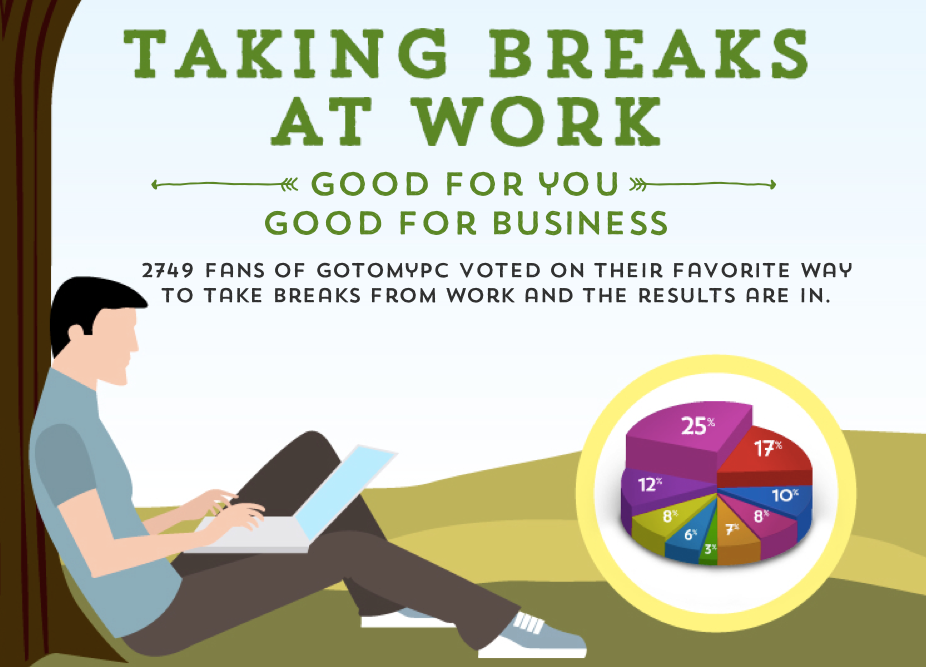I went to Horace Mann for high school, which is in the Bronx. It’s definitely a pretty elitist place, and also considered one of the better private schools in America by some. My junior year, they initiated this thing called “J-Period.” Whenever you call something “J-Period” among high schoolers, there will be a lot of jokes, and if we’re being totally transparent, I smoked a crapload of weed my junior year of high school, so I was right there with the jokes (and the associated actions). I totally missed the point of it all.
The actual point was to give people a time to stop and connect with friends and get set for their other classes; it was only about 20-25 minutes, but it was a nice refresh/recharge/reconnect-type time, especially on the days where you had blocked classes (for me, that was Tuesday).
So when I was 17 in those 25 minutes, I went with my friends and smoked a joint in the woods. But now I’m 34, which means I’ve lived another 17 years, and I have a different idea.
What if organizations structured their day where, every day at about 1:30 or so, there was a 20-minute stop — a hard stop, in douchebag business parlance — and you couldn’t do anything directly related to work? (E-Mail, Calls, Meetings, Etc.) It’s just a 20-minute stop. You stop working and go talk to people, go walk around and stretch, go play some ping-pong, maybe if it’s Friday you grab a beer from the office fridge, whatever. You just stop and disconnect, and then you reconnect. Simple.
Is this enforceable? No. And in certain companies, management would say “Time is money” and 20 minutes off the grid could cost them “millions.”
However, here are the advantages, at least in my humble mind:
- Organic Communication: Right now, in most organizations, it sucks. That’s because most businesses have a mix of over-wrought people, busy people, managing-up people, head-in-the-sand people, and the like. As a result, it’s hard for A to talk to B and B to talk to F. But if you mandated a stop every day, it could happen over time.
- Exercise: People would get up and walk around. Many you could even incentivize that type of behavior. Sitting is the smoking of our generation; this could help.
- Manager-to-Employee Dialogue: Managers don’t walk around and talk to people enough, likely because they’re always buried in meetings and other tasks. This mandated time could help with that.
- Innovation/Ideas: Honestly, this stuff happens where you least expect it, and it happens that way all the time. If two people have a random conversation on a Wednesday 20-25 minute mandated break, that conversation could become the next iPhone. Are the odds against that happening? Unquestionably. But there’s always that chance, and when we replace real human interaction with meetings and conference calls and unclear deliverables, we’re losing those dialogues that could become the “next big thing” — which is what everyone is seeking all the time anyway, best I can tell.
- Attention Spans: No one fucking has one (an attention span) anymore, so let’s break up the day a bit.
There’s more, but that’s a good start.
Most offices are very keen on structuring their day — meetings, quarterlies, deliverables, etc, etc. So why not add a degree of unstructured structure to it and try to solve some of the core problems that underlie teamwork, communication, and human health in the process?

I totally agree on what you wrote – I rmber at one point of my life, I joked to my colleagues that I should start smoking just for the benefits you listed from the “smoke breaks”.
You ain’t wrong, brother.